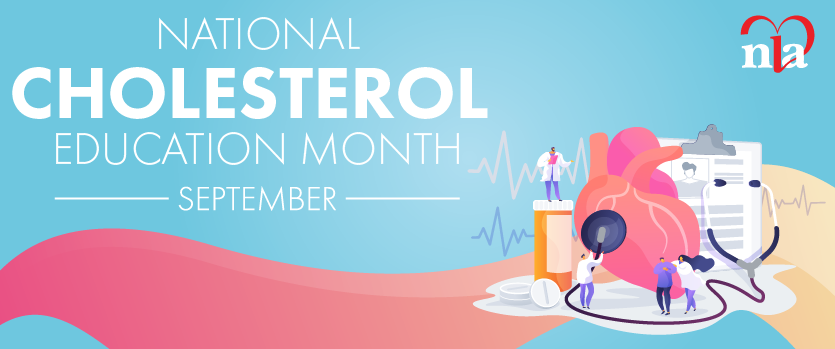As a teen, I did all the things other 14-year-old boys did: played sports, hung out with friends, and raced dirt bikes. But around that time I learned I inherited a genetic disorder called Familial Hypercholesterolemia (FH).
When I was diagnosed with FH in 1974, the medical community didn’t have ideal guidance or treatment for it, especially for children and teens. In fact, I wasn’t treated for FH until my late 20s, just after statins were introduced. The only thing standing between me and a life-changing—or lifeending— heart attack was a semi-strict diet and exercise.
That is why I was pleased to help spread the word, along with so many of my colleagues, about FH and other dyslipidemias and cholesterol disorders during National Cholesterol Education Month this September.
As a Doctor of Pharmacy and President of the National Lipid Association (NLA) this year, I am committed to raising awareness about this disorder. I want both patients and health care providers to know exactly how important early diagnosis and aggressive treatment is—from my personal—and life-threatening--experience.
I encourage you to continue to educate your patients about FH through the many resources the National Lipid Association offers, including lipid.org, lipidfoundation.org and learnyourlipids.com.
It is important to know that although not curable, FH and other dyslipidemias are treatable. The aim of treatment is to reduce your cholesterol to an acceptable level, thereby preventing or delaying ischemic vascular disease. As a lipidologist, you can implement cascade screening in all first-degree relatives of the FH index case to help facilitate early detection and treatment, develop the best treatment plan between you and your patient, provide optimal patient education to ensure patient adherence and persistence to therapeutic lifestyle changes and pharmacotherapy, and continue to assess for subclinical atherosclerosis to further guide the intensity of therapy. In the near future, if emergent therapies in clinical trials are approved, these therapies added to maximum tolerated statin combination therapy could provide important reductions in cardiovascular risk to our FH patients.
In addition, please spread the word about the FH Foundation’s new patient registry. You can find more information at www.thefhfoundation.org.
I hope to see you at one of our upcoming meetings. Best wishes to you and your families this holiday season.






.jpg)
.png)











